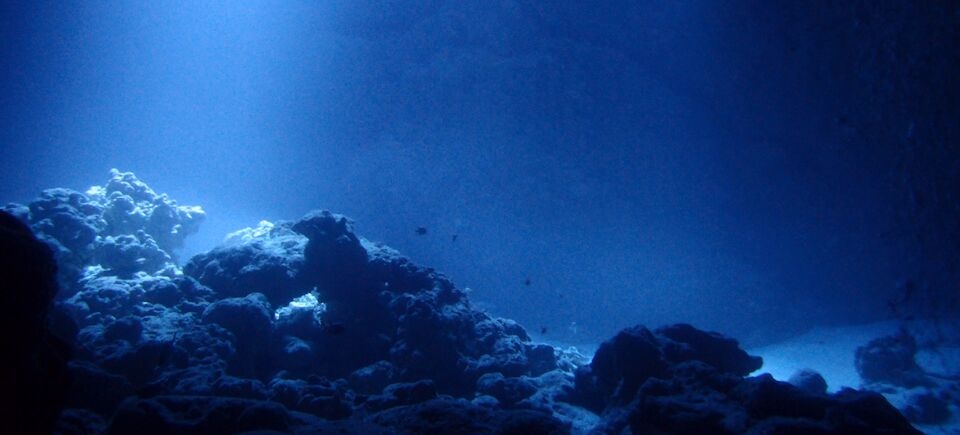
Robohub.org
XPRIZE calling all innovators to help map our ocean

There is a very interesting planet near us. It has almost 130 million square miles of land and the longest continuous mountain chain in the solar system, spanning over 40,000 miles. This planet receives very little sunlight, so temperatures hover around 40C (39oF) regardless of the time of year, and atmospheric pressure is, on average, a crushing 400 times greater than our own. Our advanced probes tell us that there is very little oxygen and the environment is corrosive, so it is difficult to imagine anything living under these conditions. And yet we know with 100% certainty that life exists on this planet. Is this place real or science fiction? It’s real—and it’s only 4km away!
This is the planet at the bottom of our ocean.
Although it is so close to us, the deep ocean is a place we know very little about. We have better maps of Mars, hundreds of millions of miles away, than we do of our own sea floor. We don’t know how many volcanoes or mountains are hidden in the ocean, let alone what strange life forms exist down there. Less than 5% of the ocean has been explored because it is opaque and a physically challenging environment. It is also expensive to access; ships may cost over $60,000 per day to operate and vehicles that can go down into the deep sea can cost over $1 million. We need new breakthrough technologies that can help us to overcome the costs and can operate quickly and easily under great pressure in these cold and corrosive watery environments.
The Shell Ocean Discovery XPRIZE is a $7 million competition challenging teams from around the world to build advanced deep-sea underwater robots that will provide safe access to this tough environment, paving the way for autonomous, fast, and high-resolution ocean exploration. The success of this prize will result in technologies with which we can fully explore and map the ocean floor, uncovering our planet’s greatest wonder and allowing us to sustain and protect our deep-sea resources. We are also asking teams to advance our ability to see what is down there by producing high-resolution images of biological, geological, and archeological features. Embedded in this competition is a $1 million bonus prize from the National Oceanic and Atmospheric Administration (NOAA) to incentivize the development of smart technologies that can detect underwater chemical or biological signals and trace them to their source.
These breakthrough technologies will assist with search and rescue operations, giving us the ability to quickly and easily find planes and vessels that are lost at sea. The small fraction of the ocean we have explored has already provided us with potential treatments for cancer, Alzheimer’s, and AIDS. Imagine what other cures are down there. Underwater archeologists have uncovered long lost treasures from ancient shipwrecks such as the San Jose galleon off the coast of Columbia, shining a light on human history (it is estimated that there are 3 million shipwrecks at the bottom of the ocean). Our limited underwater images have shown astonishing creatures with abilities to camouflage themselves, generate their own electricity, and glow in the dark. What else might we discover if we could explore more of this vast resource?
By increasing our access to the ocean, we will increase our understanding of this wonderful and mysterious world, and by doing so we will realize it’s true value. The ocean is responsible for 50% of the oxygen we breathe, is the primary driver of our weather, and is a source of food for over 2 billion people. As such, it is a precious resource—and we need to make sure it remains healthy. The advances sparked by the Shell Ocean Discovery XPRIZE will also provide access and transparency in the deep-sea for better management and conservation efforts.
Join us on this grand adventure. We are calling all innovators to help us discover this new planet. Form a team and sign up to compete, spread the word, become a resource for teams, or follow us and find out about the mysteries of the deep at OceanDiscovery.xprize.org. Together, we can usher in a new and unprecedented age of ocean exploration.
tags: c-Exploration-Mining, mapping, Mapping-Surveillance, underwater robots, XPRIZE




